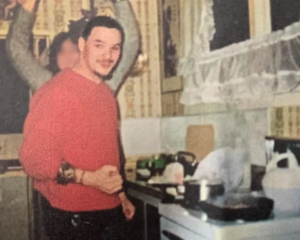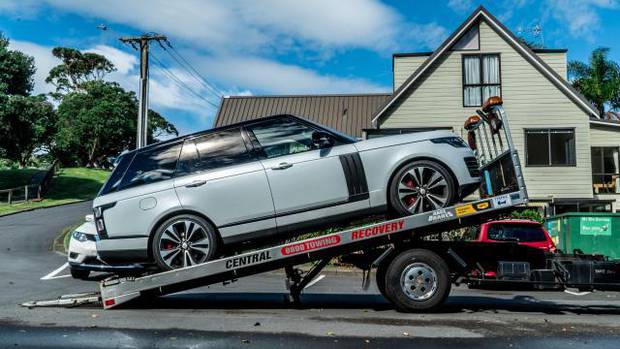
A senior Comanchero gang member has admitted charges of money laundering and participating in an organised criminal group, just weeks before his trial was due to start.
Vetekina Naufahu pleaded guilty to three charges at a High Court hearing this morning, held by audio-visual link because of the Covid-19 lockdown in Auckland.
The money laundering charge relates to his late-model Range Rover, worth around $150,000, while the organised crime charge carries the most significant penalty of up to 10 years in prison.
Naufahu - whose brother Pasilika is the president of the New Zealand chapter of the Australian motorcycle gang - also pleaded guilty to possession of MDMA, or Ecstasy, which is a Class-B controlled drug.
Justice Sally Fitzgerald convicted Naufahu of the three offences and scheduled a sentencing date of October 23, 2020, alongside his fellow Comanchero Jarome Fonua.
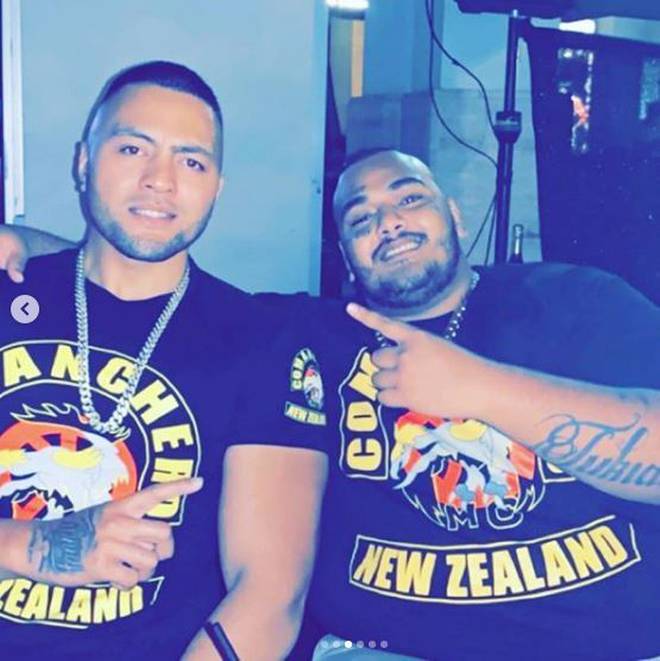
The late admissions come shortly before the pair were due to stand trial at the High Court in September, along with other members of the gang and their associates on charges laid in April 2019 following Operation Nova.
Vetekina and Fonua now join Tyson Daniels, the gang's vice-president, and Auckland lawyer Andrew Simpson in being convicted of laundering criminal profits.
Nearly $1.3 million in cash was deposited into the lawyer's trust account, which was then used to purchase expensive cars and property.
For Daniels alone, there were four Range Rovers - with price tags of $175,000, $255,000, $218,000 and $280,000 - a $200,000 Mercedes-Benz, a Lamborghini for $285,000, and two Rolls-Royces, which cost $364,000 and $595,000.
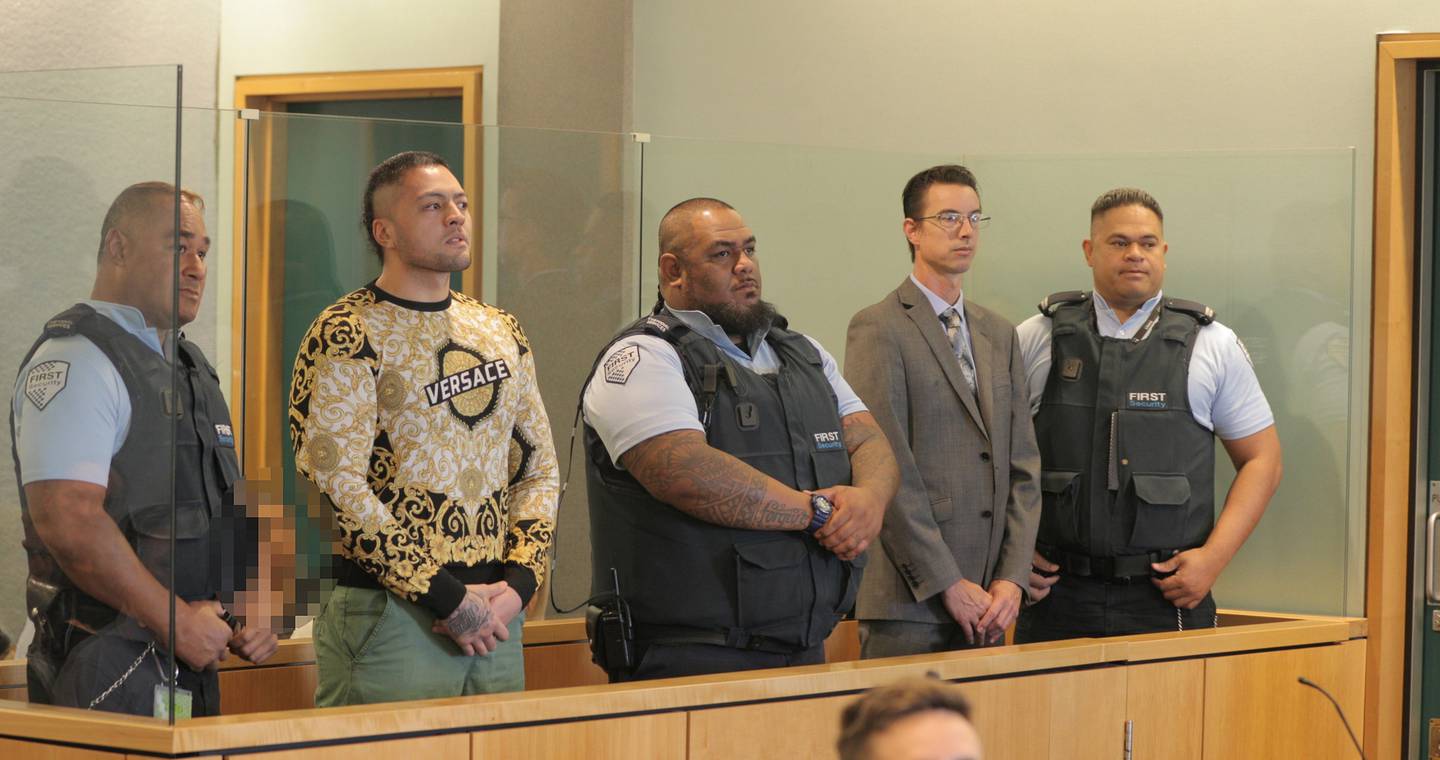
In sentencing Daniels - who was wearing a Versace top in Comanchero colours of black and gold - to four years and eight months in prison, Justice Gerard van Bohemen said the senior gang member played a crucial role overseeing the gang's operations for significant personal gain.
The offending was sophisticated, said Justice van Bohemen, with encrypted devices used to avoid detection by police.
Money was deposited at banks in amounts less than $10,000, in a bid to avoid triggering the banks' reporting threshold, then funnelled through trust and company accounts to disguise their criminal origins.
"You clearly knew the money was derived from significant importation of drugs."
More than $1.2m in cash was deposited into Simpson's trust account at his law practice, which was also used to purchase some of the cars belonging to Daniels and allegedly others in the gang, as well as real estate such as a $1.3m home in Auckland.
Justice van Bohemen said Simpson was the facilitator of the money-laundering scheme, who used his specialist skills and knowledge as a lawyer.
"You made it work. You set up the trusts and lent respectability, as a lawyer, to a criminal organisation."
Simpson was reckless and brought the legal profession into disrepute, however, the judge was satisfied he was genuine in his remorse.
Despite this, Simpson was sentenced to two years and nine months in prison.
"I deeply regret a father being separated from his family. However, that is a consequence of your decisions."
Neither man was charged with drug offences.
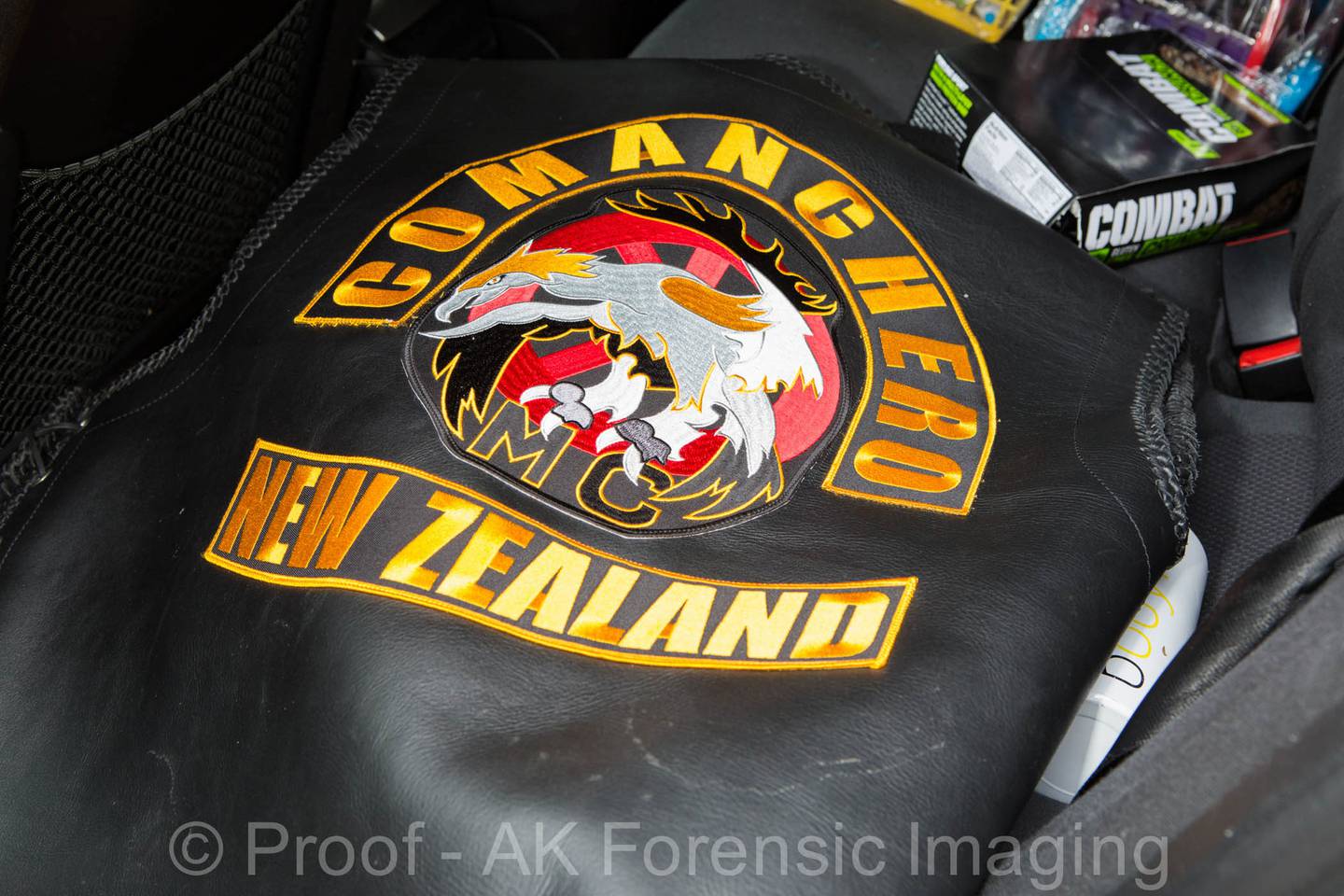
In July, a 60-year-old man who travelled to Mexico was sentenced to 16 years in prison after pleading guilty to four charges of importing a Class A drug after being identified in Operation Nova.
Tallat Rahman, from Suva, was arrested in February 2019 in the first phase of the inquiry, which discovered how parcels of methamphetamine weighing up to 5kg were hidden inside kitchen appliances shipped from the United States.
Once in New Zealand, the police allege the drugs were distributed by "frontmen" for the Comanchero, whose hierarchy allegedly reaped the rewards of the illicit trade.
Rahman was unknown to the team of detectives running Operation Nova until he was overheard talking to one of the "frontmen", who cannot be named for legal reasons, whose phone conversations were bugged by police.
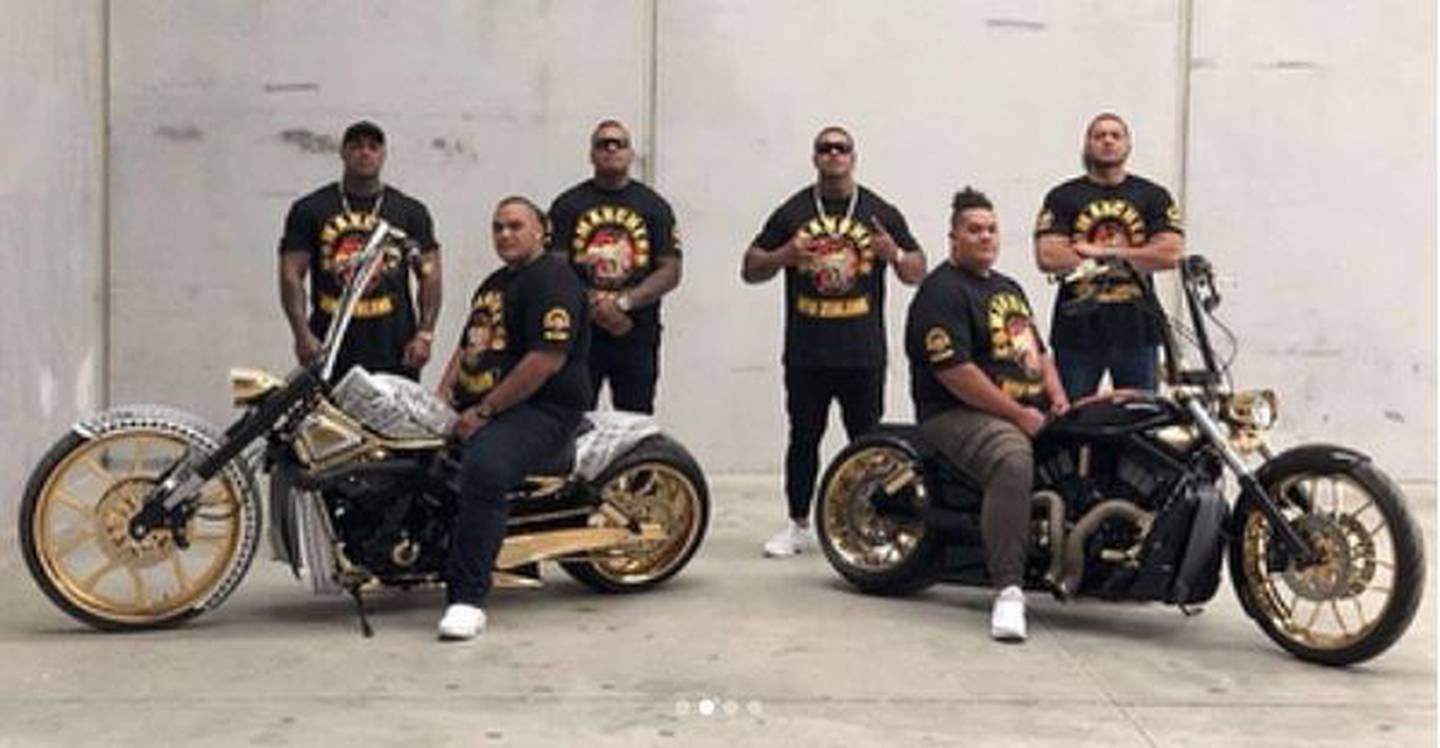
The cheap wholesale price of $120,000 per kilogram was agreed to by both parties, in a deal the police believed would weigh at least 100kg ("a nice number with two zeros").
The call was made in Mexico and the caller was identified as Rahman; a Fijian-Indian who lived in Suva, who had dual Canadian citizenship and travelled regularly to Mexico and the United States.
Everything went quiet until Rahman flew into Auckland International Airport on December 18, 2018, and checked into a hotel on Queen St, the Four Points by Sheraton.
Three days later, Rahman's son checked into the same hotel and was seen meeting with another man, a 19-year-old Mexican national, who also cannot be identified for legal reasons.
Two days before Christmas, December 23, 2018, Rahman left New Zealand but not before receiving a backpack full of cash.
Around the same time, a consignment of a kitchen stovetops shipped from the United States had been seized by Customs and examined. There was nearly 5kg of methamphetamine inside.
Then in February 2019, two separate consignments from the United States - a "waffle maker" and "coffee brewer"- were stopped at the border by Customs, each containing 2.9kg of methamphetamine.
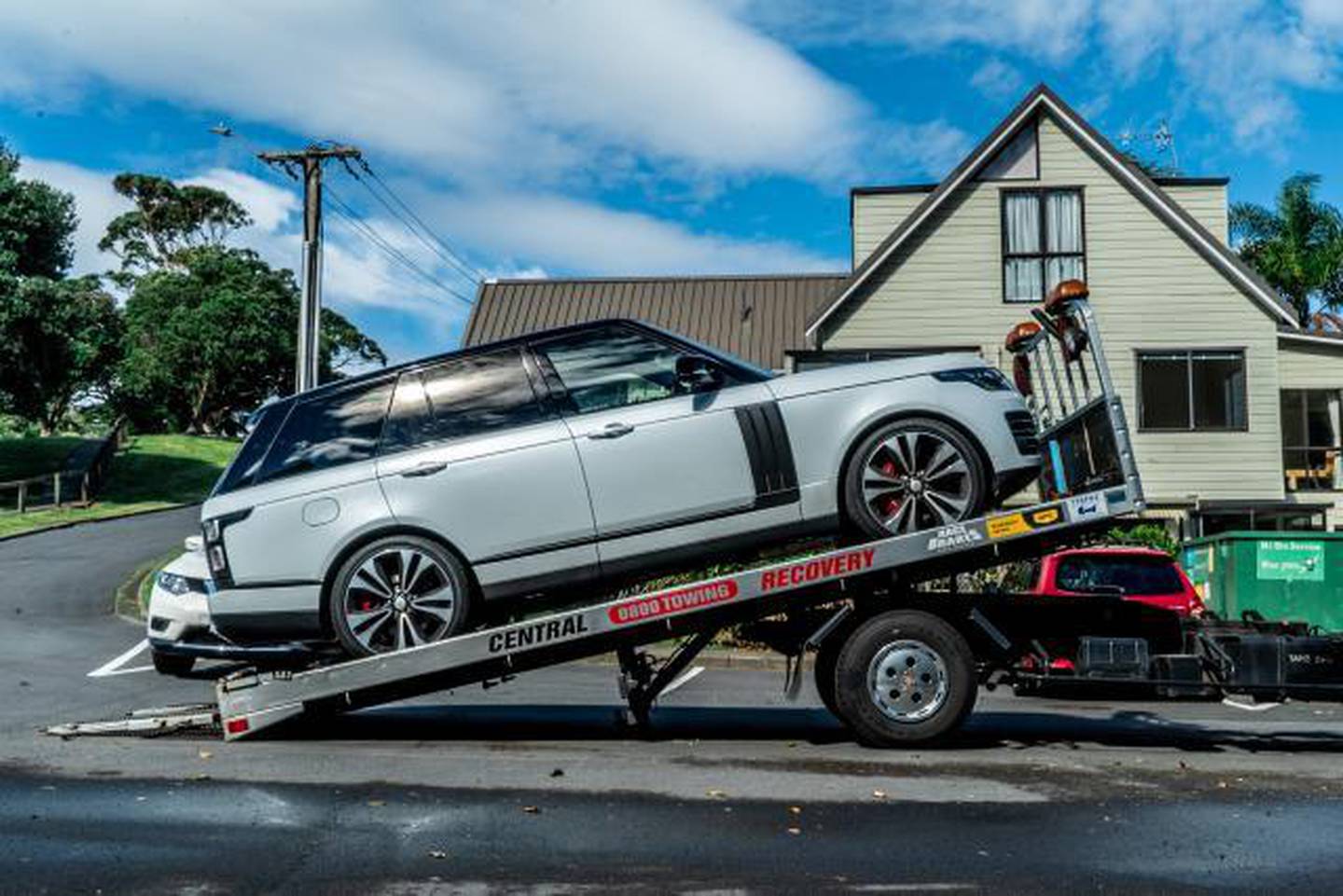
Search warrants were also executed at the home linked to Rahman in Suva where Fijian Police discovered 39kg of cocaine, presumably destined for the Australian and New Zealand markets. The haul was worth about $20m.
When brought in for questioning by police, Rahman claimed to be in New Zealand on holiday.
When detectives told him that an audio device had been covertly installed in his hotel room on Queen St, Rahman said: "Oh shit".



